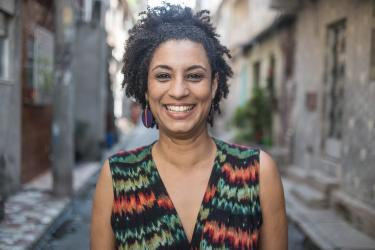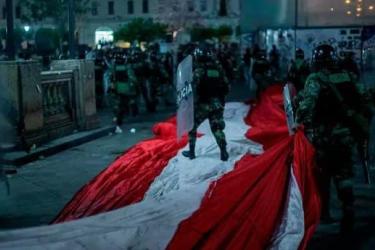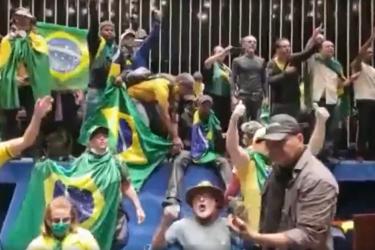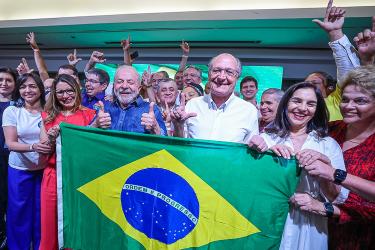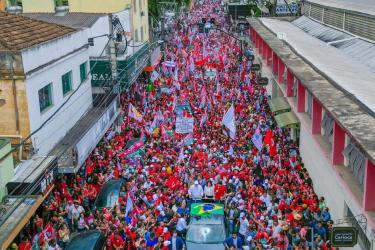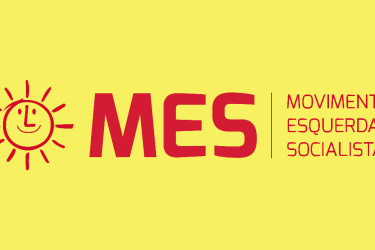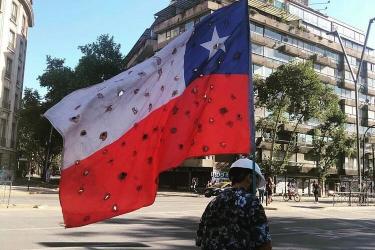Israel Dutra & Thiago Aguiar — The death of Marielle Franco and Anderson Gomes was, without a doubt, the most important political assassination in Brazil's recent history.
PSOL (Brazil)
Israel Dutra — More than 20 years later, the Peruvian people have set in motion a mass struggle against a government that wants to assert itself through dictatorial means.
Israel Dutra & Roberto Robaina - We will take to the street demonstrations, raising the flag that there be no forgiveness for those responsible of genocide and coup-plotters. Without amnesty and with the maximum democratic mobilization.
Tatiana Py Dutra - The National Executive of the PSOL has defined its position on participation in the government of Luiz Inácio Lula da Silva by voting to not occupy positions in the new administration.
The victory of Luiz Inácio Lula da Silva (Workers Party, PT) in the 2022 Brazilian elections was the most important democratic triumph since the fall of the military regime (1964-1985). Celebrations took over the country on Sunday night (October 30), harking back to the best traditions of the Brazilian people's struggle. There were hundreds of thousands of people in the streets taken as a whole, with the epicenter of celebrations on Avenida Paulista; the moving scenes of the opening of a voting school in Bahia, where hundreds of people waited with enthusiasm and confidence for the moment to vote for Lula, also expressed this feeling.
Israel Dutra & Thiago Aguiar - The final stretch of the electoral process, marked by polarization, many fake news stories, and the fight against Bolsonarism, is undefined. The polls are divergent and, of course, there is a dispute about who is ahead.
Socialist Left Movement/PSOL - The left candidate Lula da Silva won the first round with 48.4% of the vote (57,259,504 votes) against 43.2% for his right-wing opponent Jair Bolsonaro (51,072,345 votes): an advantage of about 6 million votes. However, what marked the result - contrary to the expectation created by all the opinion polls - was that Bolsonaro did much better than predicted.
The victory of the Rejection option on the wording of the new Chilean Constitution has raised a number of questions for internationalists. How is it possible that the struggle for the new Constitution, that was demanded by the mass popular revolt of 2019 and which was followed by a resounding victory of almost 80% in the first plebiscite that opened the constitutional process, achieved only 38% popular approval a short time later?
